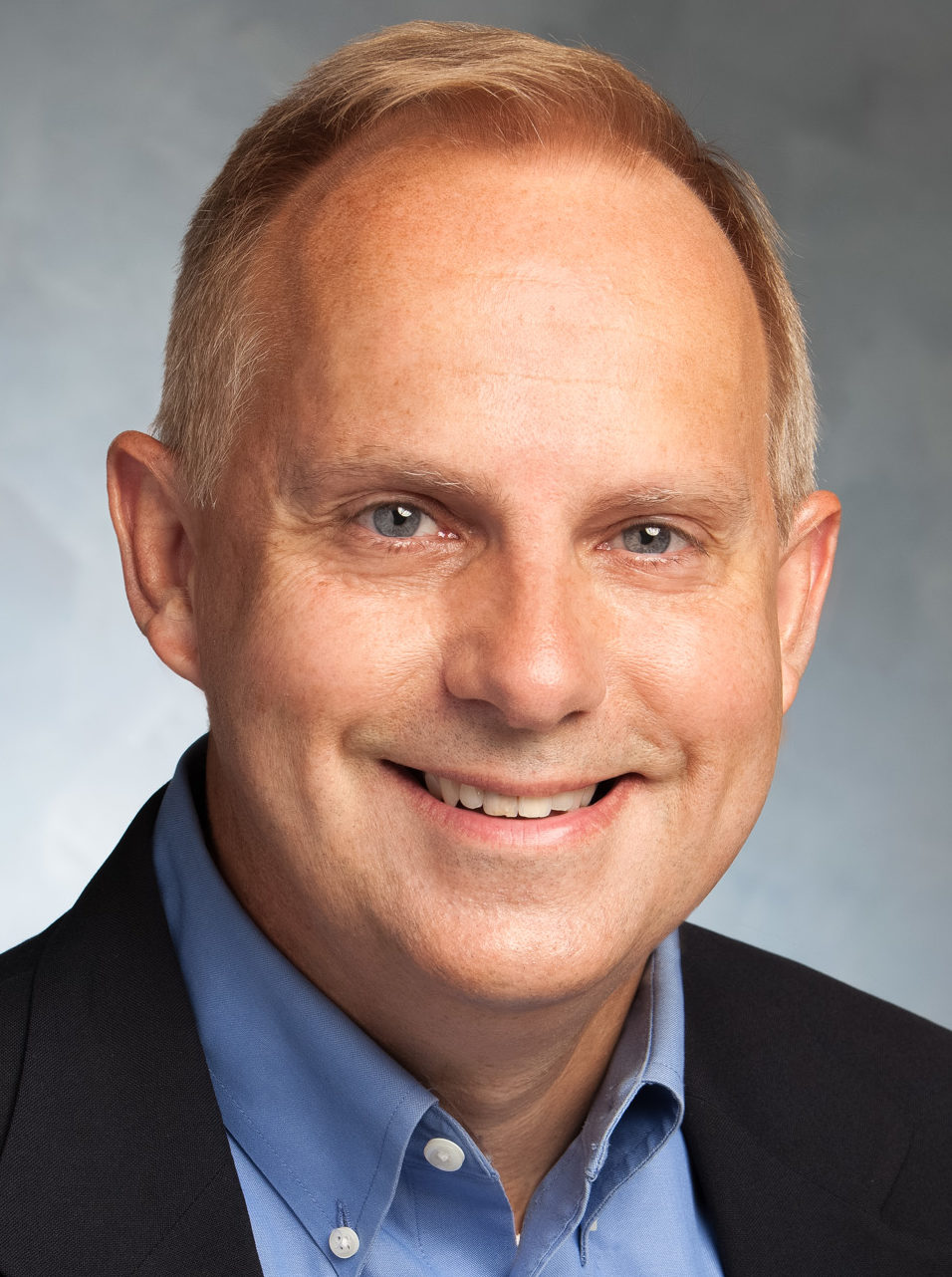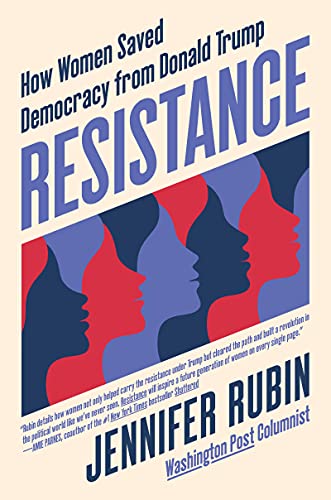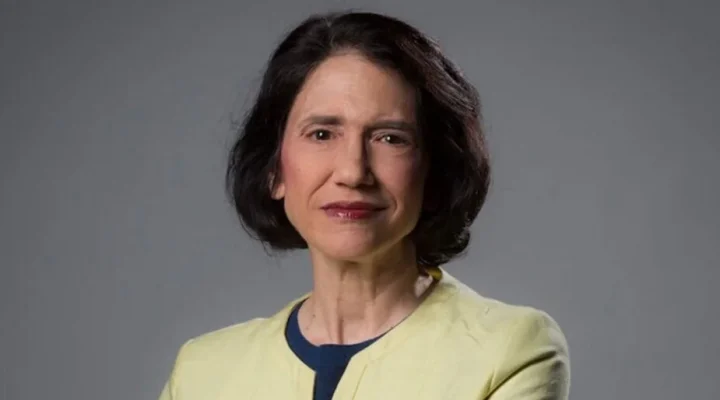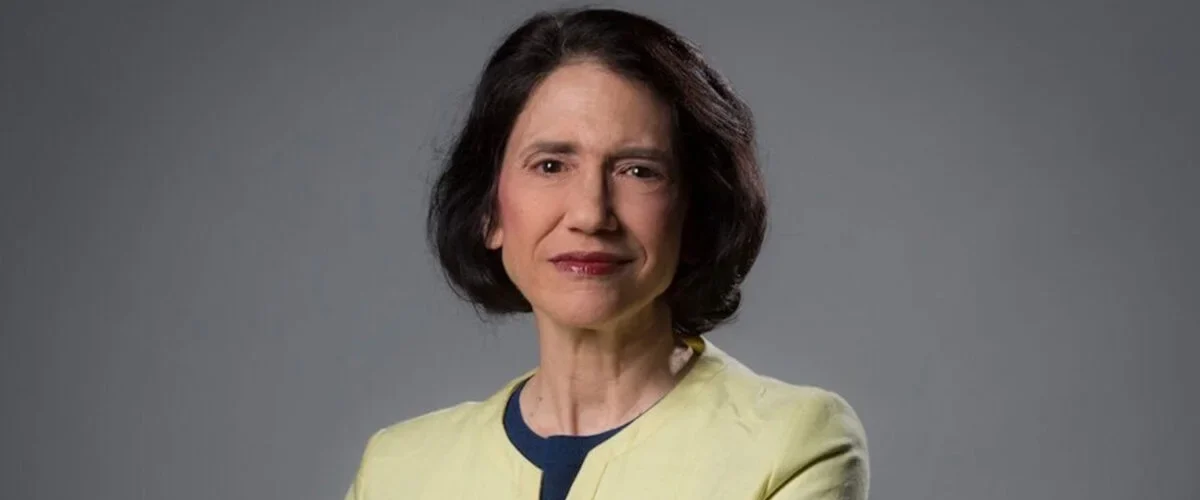For years, Jennifer Rubin, conservative columnist for the Washington Post, and I didn’t see eye to eye on many issues. An ardent champion of the traditional Republican Party, she advocated for candidate Lindsey Graham in 2015 (“If being right is the criterion, Graham has been right about more things on foreign policy for longer than just about anyone in the race”), and I can still remember her calling out “the liberal Georgetown cocktail party set and the drivers of Obama-stickered Prisuses”—in other words, my people.
I don’t happen to have an Obama sticker on my Prius. And I don’t happen to live in Georgetown. But still. Austin is pretty close.

Greg Garrett
But, I admired Rubin as a thoughtful and cogent writer. I never felt demonized by her. I read her daily and still do. For some years, we just sat on opposing sides of a political divide.
Or so I thought. Like a number of other people who might describe themselves as “former Republicans,” she could not — and did not — get on board with Candidate Trump, President Trump or Permanent Leader Trump. Her allegiance, it turned out, was not to party but to country, not to winning elections but to preserving democracy.
Moreover, her writing and my interests began to coincide more and more. We both wrestle with the specter of white Christian nationalism and count on the essential polling and writing of Robert P. Jones and the Public Religion Research Institute on the dangerous intersection of Trumpism, cultural Christianity and nationalism.
After reading another terrific piece from her in the Post on the rise of white Christian nationalism, I reached out to Rubin to ask if she’d talk to me about her work and current thinking. Our conversation is below. I’m grateful for Jennifer Rubin, writer for the Washington Post, Commentary, and the Weekly Standard, contributor to MSNBC, and one of our most ardent and articulate advocates for an informed citizenry and a working democracy.
Greg Garrett: When we went to bed on Election Night 2016, my wife, Jeanie, said, “Oh, thank God. I’ll never have to listen to you talk about Donald Trump again.” Then we woke up. That morning, I broke the news to our daughter Lily, who had gone into the voting booth with Jeanie to vote for the first female president. She broke into tears. You’ve written about how women stood up to Trump in your wonderful book Resistance. Could you summarize for my readers how strong women helped confront Trump and the movement he started? And could you talk about what you are seeing about women and women’s issues in our politics moving forward?
Jenifer Rubin: As I document in my book (Resistance: How Women Saved Democracy from Donald Trump), women organized, ran for office, engaged in direct action, volunteered and turned out to vote en masse. Some of the stars of the congressional class of 2018 such as Rep. Ellisa Slotkin are now running for higher office. They continue to organize and drive political change on everything from gun safety to abortion.
GG: More than almost any other writer I read regularly, you understand what conservatives used to be and what they are now. How do you account for their movement in the direction of Donald Trump and his continued hold on the Republican party? What in your mind could explain the movement from the Moral Majority to an immoral minority — who nonetheless still want to hold onto power in the United States? Is this a party that can be saved?
“Some of them didn’t change. Others, however, traded empathy for power.”
JR: Some of them didn’t change, frankly. There was always a strain of xenophobia, racism and misogyny on the right. Others, however, traded empathy for power. Many evangelical communities marinated in racial and cultural resentment, falling prey to demagogic characters. Until they lose several more elections, I see little hope for the GOP to change.
GG: Our friend Robert P. Jones and his organization, Public Religion Research Institute, do polling on race, politics and religion. In their recent study “A Christian Nation?” co-sponsored by the Brookings Institution, they used the word “threat” to describe how white Christian nationalism shapes and shakes these United States. What most disturbs you about this movement? Do you think of Christian nationalism as an existential threat? How can people of faith — and people of good conscience — most effectively push back against this movement?
 JR: Their vision contradicts our founding principles that “all men are created.” It seeks to elevate one religion and one race above others. This is intolerable in a pluralistic democracy. Since the majority of Americans do not agree, they are compelled to adopt anti-democratic tactics, including violence. We all must push back by reaffirming our founding principles and extolling a vision of pluralistic democracy that is hopeful and patriotic.
JR: Their vision contradicts our founding principles that “all men are created.” It seeks to elevate one religion and one race above others. This is intolerable in a pluralistic democracy. Since the majority of Americans do not agree, they are compelled to adopt anti-democratic tactics, including violence. We all must push back by reaffirming our founding principles and extolling a vision of pluralistic democracy that is hopeful and patriotic.
GG: James Baldwin said he couldn’t call himself a pessimist because he was still alive: “I am forced to be an optimist. I am forced to believe that we can survive whatever we must survive.” But despite his sterling example, I am gulping hard at the possibility of hope for our nation. Where are you finding hope for the future? Are there democratic or religious ideals that to your mind can usher this wreck to shore? What would you say are the most important things each of us can be doing right now to rescue the American experiment?
JR: We all have agency. We all can become warriors for democracy. Participatory democracy and informed citizenship are the best response. I am optimistic in large part because younger Americans are more inclusive, aware and scientifically proficient than older generations.
Greg Garrett teaches creative writing, film, literature and theology classes at Baylor University. He is the author of two dozen books of fiction, nonfiction, memoir and translation, including the critically acclaimed novels Free Bird, Cycling, Shame and The Prodigal. He is one of America’s leading voices on religion and culture. One of his most recent nonfiction books is In Conversation: Rowan Williams and Greg Garrett. His latest book, A Long, Long Way: Hollywood’s Unfinished Journey from Racism to Reconciliation, is hot off the presses. He is a seminary-trained lay preacher in the Episcopal Church. He lives in Austin with his wife, Jeanie, and their two daughters.
Related articles:
Inflammatory language of Christian nationalism is a real threat, Hollman and Tyler say
No, Dan Patrick, God did not write the U.S. Constitution | Opinion by Rick Pidcock


